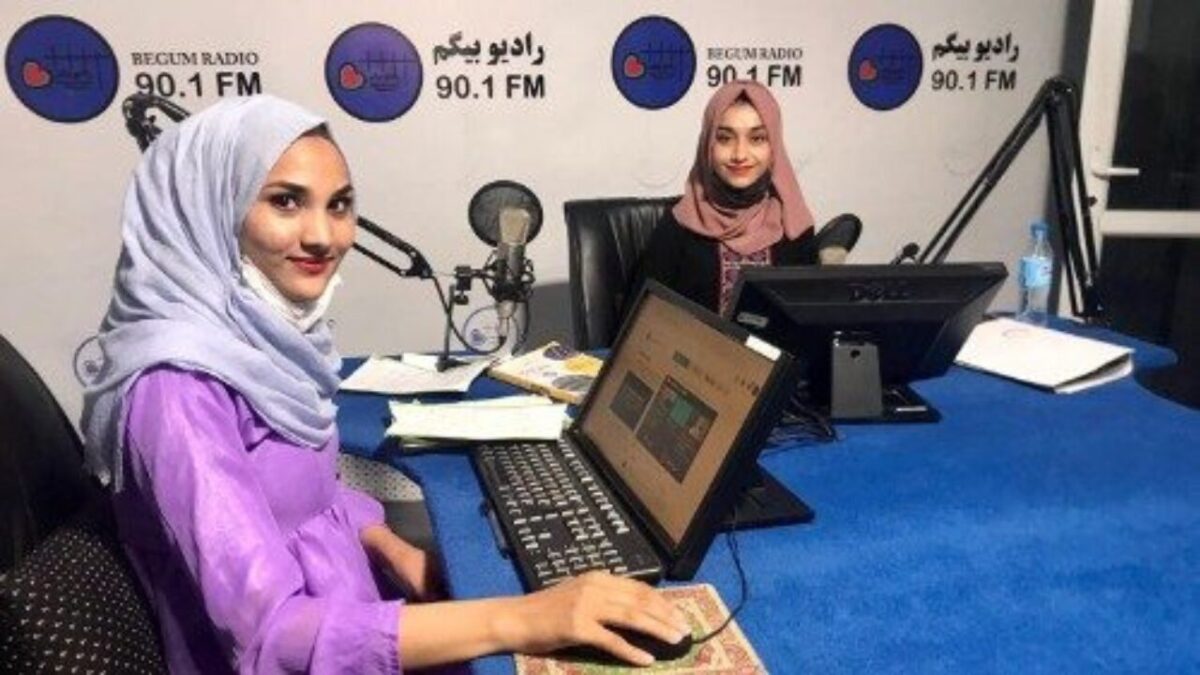Afghan journalists living in exile have denounced the shutdown of Radio Bigam in Kabul, calling the move an “inhumane” act that violates international human rights standards, including the Islamic Declaration of Human Rights.
In a statement, Afghanistan Journalists in Exile, a group based in Europe and North America and led by Sediqullah Tawhidi and Mujeeb Khalvatgar, condemned the closure, warning that silencing media outlets deprives the public of vital information. “Shutting down a media organization opens the doors to ignorance,” the group said.
The statement emphasized that, under international conventions to which Afghanistan had previously been a signatory, all citizens—women and men alike—have the right to access information that affects their lives. It also cited Article 22 of the Islamic Declaration of Human Rights, which upholds freedom of expression within the framework of religious teachings and affirms it as a fundamental right for all Muslims.
The exiled journalists urged the international community and human rights organizations to use modern technology to help Afghans access foreign media, in an effort to bridge the growing information gap.
On Wednesday, Radio Bigam confirmed in a statement that Taliban intelligence forces, accompanied by officials from the Ministry of Information and Culture, had raided its Kabul office the previous day and interrogated members of its staff.
In a separate statement, the Taliban’s Ministry of Information and Culture said the station was shut down for “violations of media regulations.” The ministry also alleged that, in addition to breaching multiple media rules, Radio Bigam had been providing content to a foreign-based television network.
Radio Bigam was founded on March 8, 2021—International Women’s Day—by journalist Wahida Aman, with support from the Bigam Organization for Afghan Women. The station aimed to raise awareness among women in Kabul.
Since regaining power in 2021, the Taliban have imposed sweeping restrictions on the press, significantly curtailing media freedom and intensifying censorship across Afghanistan.





